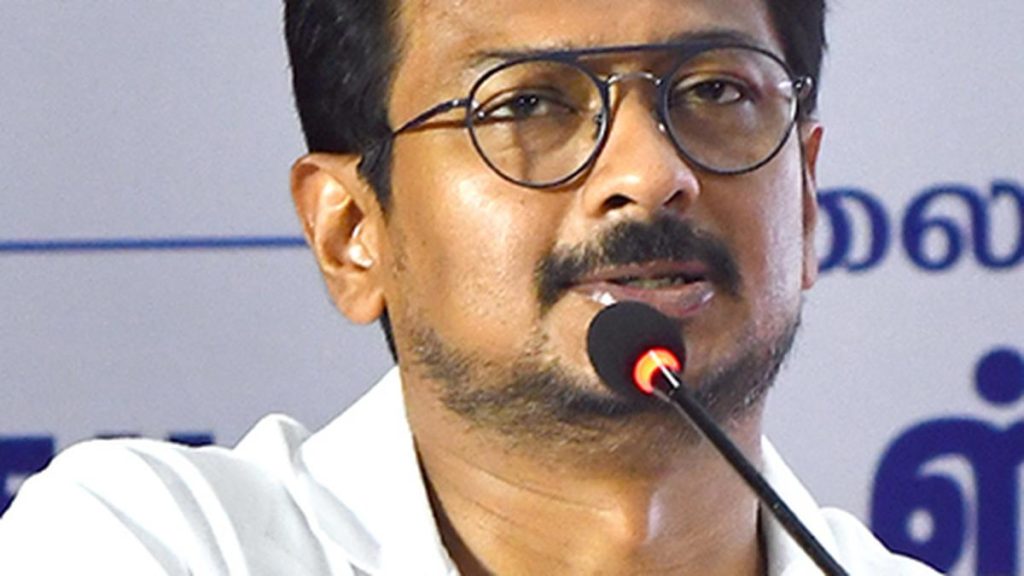Now Reading: Sabarimala Controversy: Gold Plating Removed from Dwarapalaka Idols
-
01
Sabarimala Controversy: Gold Plating Removed from Dwarapalaka Idols
Sabarimala Controversy: Gold Plating Removed from Dwarapalaka Idols

Speedy Summary
- The Sabarimala Ayyappa temple in Kerala is embroiled in controversy over the removal of gold platings on Dwarapalaka idols at the temple entrance without explicit approval from the Kerala High Court.
- Special Commissioner R. Jayakrishnan informed the court that such maintenance activities typically require prior approval and suggested directives to prevent further unauthorized works at key temple sites.
- The travancore Devaswom Board (TDB) clarified that the restoration was conducted with Tantric and board-level approvals,involving secure transportation to a Chennai-based facility.
- TDB President P.S. Prashanth stated that restorations followed Tantric directives established since 2023 and were sponsored privately, undertaken after Onam pujas.
- Rituals for reinstallation are scheduled for completion following purification ceremonies on the third day of Kanni month as per customary rites.
- allegations arose accusing vested interests of attempting to stir controversy against TDB’s Global Ayyappa Sangamam initiative.
Indian Opinion Analysis
The ongoing issue highlights a clash between religious traditions, administrative protocols, and legal oversight at one of India’s most prominent pilgrimage sites. While maintenance efforts might be rooted in preserving sacred artifacts under expert guidance, bypassing judicial notification raises concerns about openness within temple administration frameworks like those governed by TDB.
This episode underscores a delicate balance between religious autonomy and regulatory expectations in India’s temple management systems-a sensitive subject given its intersection of faith, governance, and public accountability. The allegations regarding vested interests point toward possible politicization around Sabarimala’s activities but remain speculative without further evidence presented.
The matter may prompt broader discussions on safeguarding procedural adherence while supporting restoration efforts at important cultural-religious landmarks due to high public trust invested in such institutions.























